Trescal International SAS (France) - Medical equipment calibration is the process of ensuring the output quality of the equipment is at par with the industry standards. Calibrating equipment is necessary to ensure that the item’s functionality and the result/reading are accurate at the point of delivery.
Why medical equipment needs to be calibrated:
Medical equipment is prone to wear and tear over time, directly impacting its performance accuracy. Therefore, regular calibration is the only way to retain the equipment’s effectiveness and minimize risks or uncertainty. The accuracy of such medical equipment is crucial to the overall output for quality and profitability. Regular calibration is required to receive the necessary certifications and authorizations from regulatory authorities.
The frequency of medical equipment calibration depends on the scope and scale of usage. Therefore, the best way to ensure equipment calibration is done regularly is to create a schedule based on the following aspects:
Manufacturer recommended frequency:
In most cases, medical equipment and tools come with the manufacturer’s recommendations for calibration frequency. However, you must also factor in the use of the equipment. For instance, devices that perform critical measurements may require different intervals.
Before starting a critical measuring project:
Calibrate your equipment before beginning any major project that involves critical measuring. Select the tools and equipment required for the project in advance and have them calibrated before the testing begins to ensure accuracy.
After completing a critical measuring project:
It is equally essential to calibrate your tools and instruments after completing the project to keep them ready for future use. This also proves helpful as it allows you to confirm your results for the completed project or detect any drift.
After an unforeseen accident:
If your equipment suffers a sharp, physical impact or undergoes an internal overload, you must get it calibrated immediately.
As per project mandates:
Each project has different requirements and calibration standards. While some may require certified and calibrated test equipment regardless of the project size, others might not need specific calibration standards.
At predetermined time intervals:
Characteristics of the instrument will drift compared to the last calibration, therefore it is necessary to maintain periodic recalibration in order to guarantee an appropriate quality level. If you use specific equipment for critical measurements often, it would be ideal to have a shorter period between calibrations. These calibration intervals should be optimized to achieve an acceptable level between operational costs and the required accuracy of the instrument used to verify product quality.
Need more information?
Please contact us if you have any questions or want to learn more about our calibration services. Trescal provides a comprehensive range of services for the Life Science industry. All services are performed to regulatory standards for accuracy, reliability, and traceability.








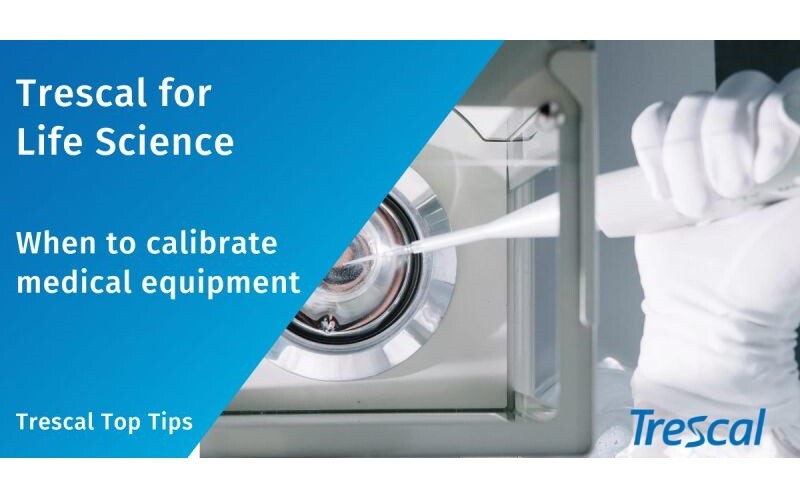
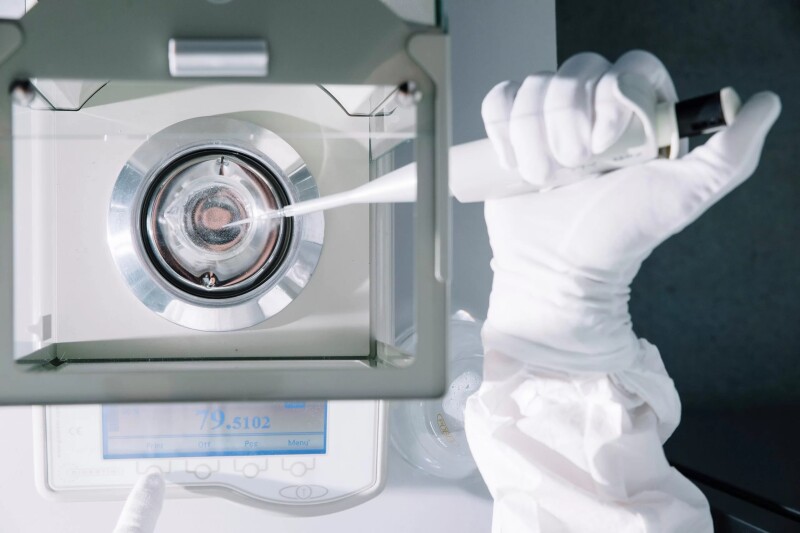








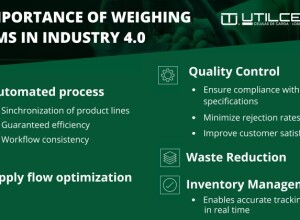
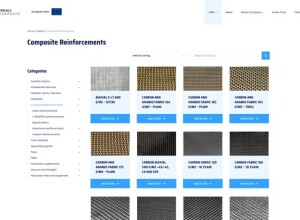
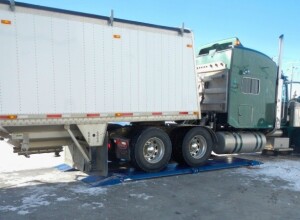
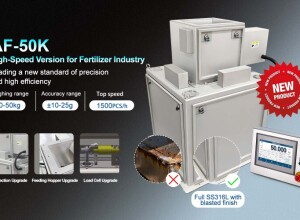
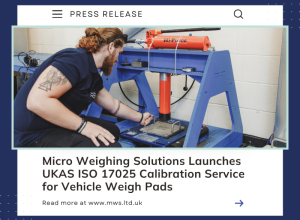






Interested? Submit your enquiry using the form below:
Only available for registered users. Sign In to your account or register here.